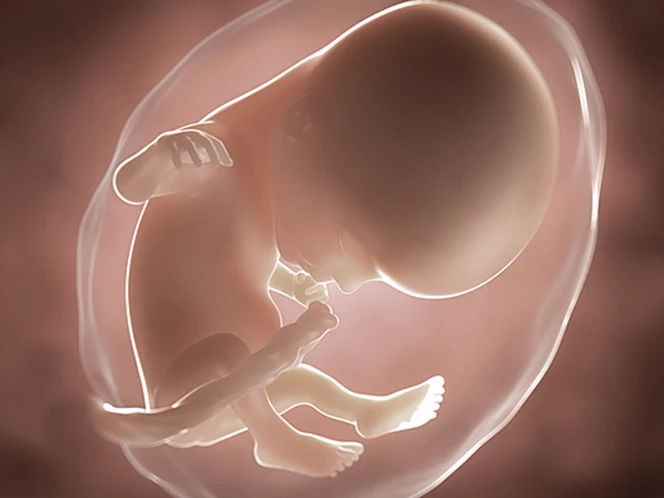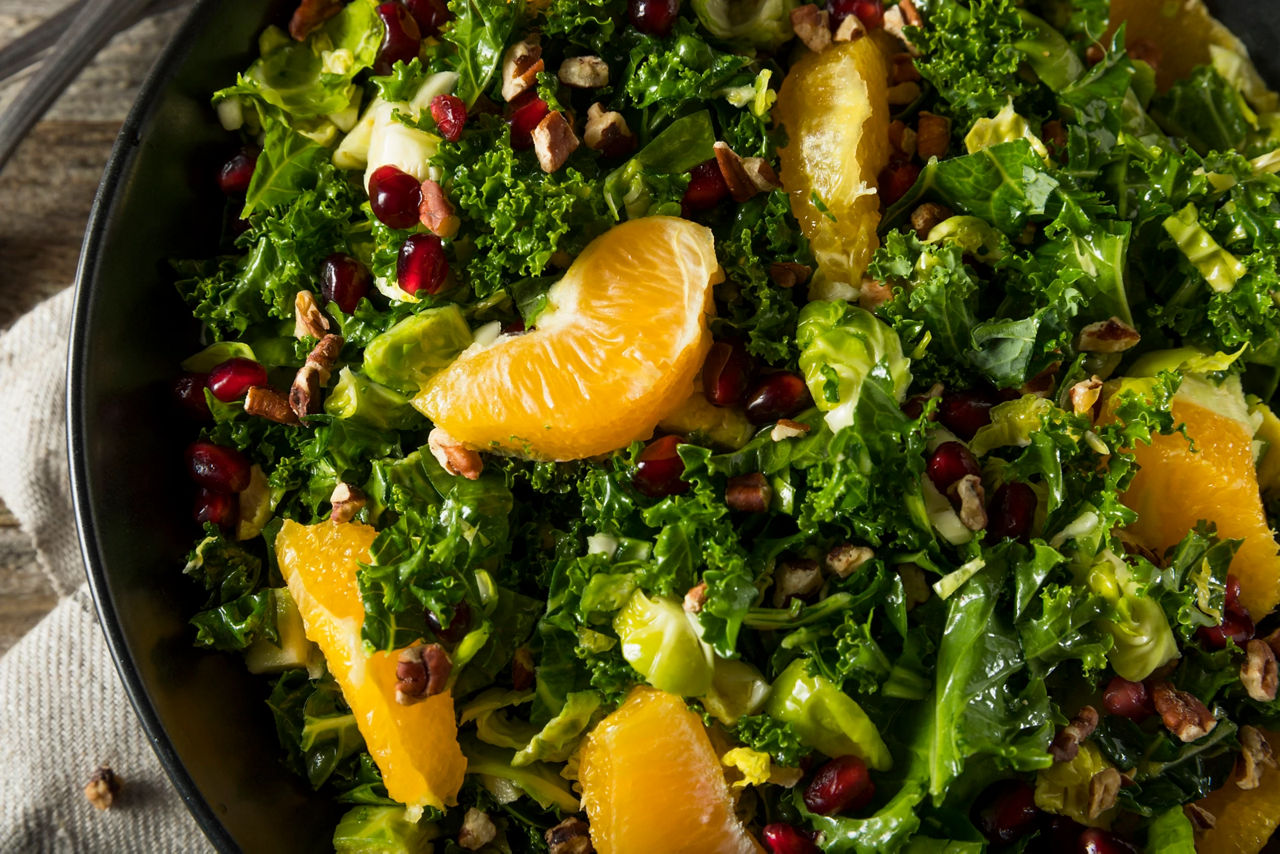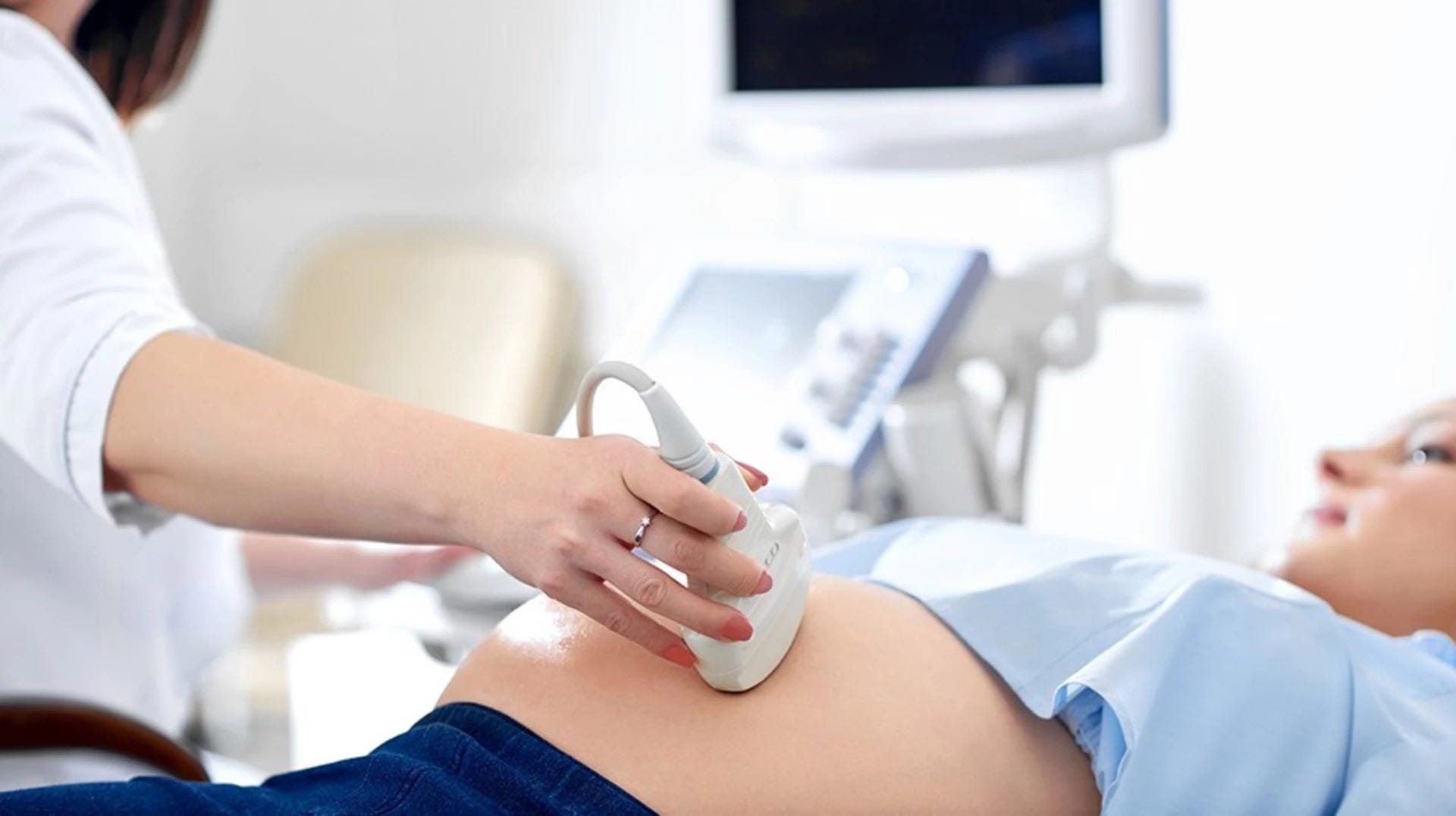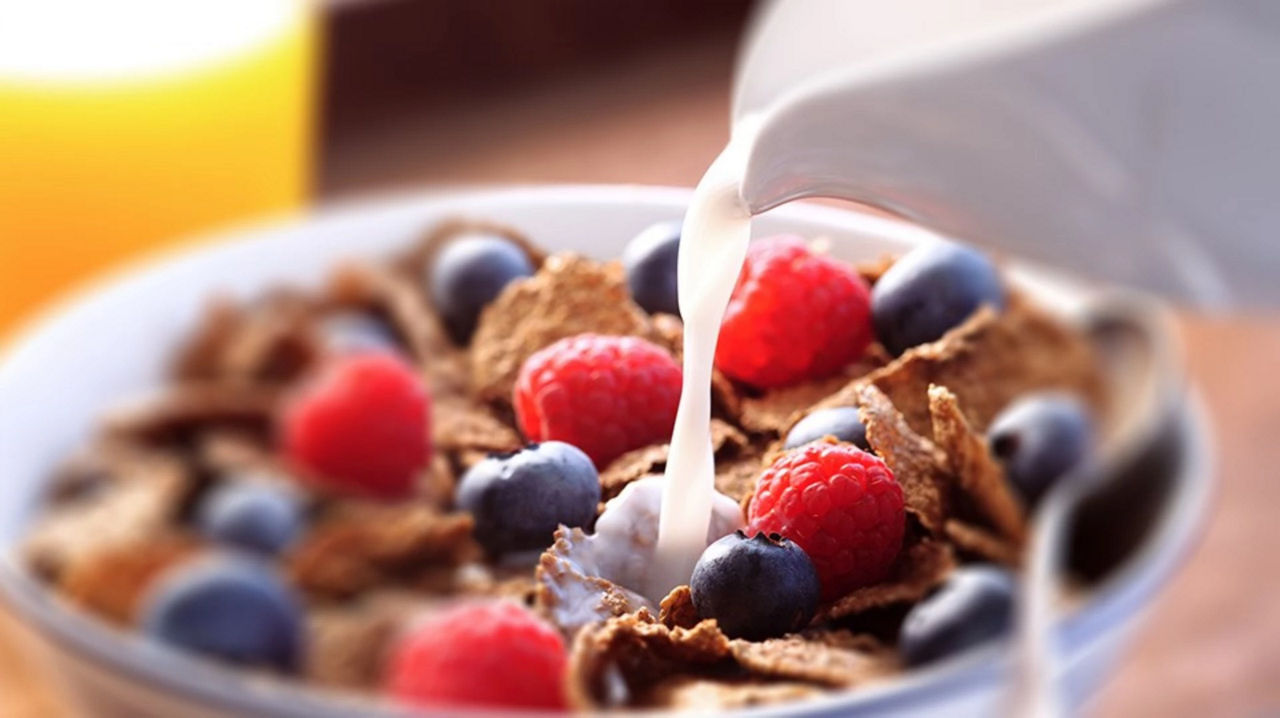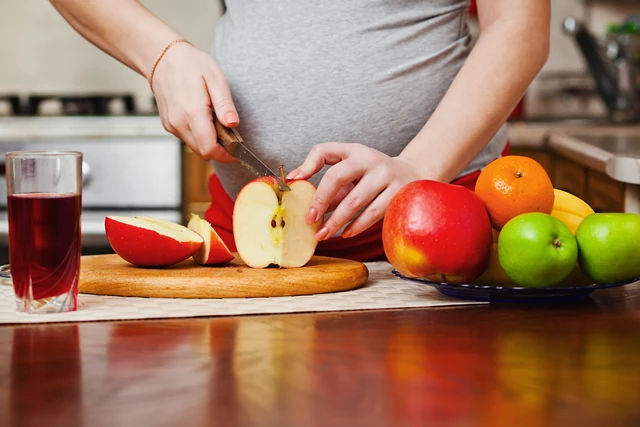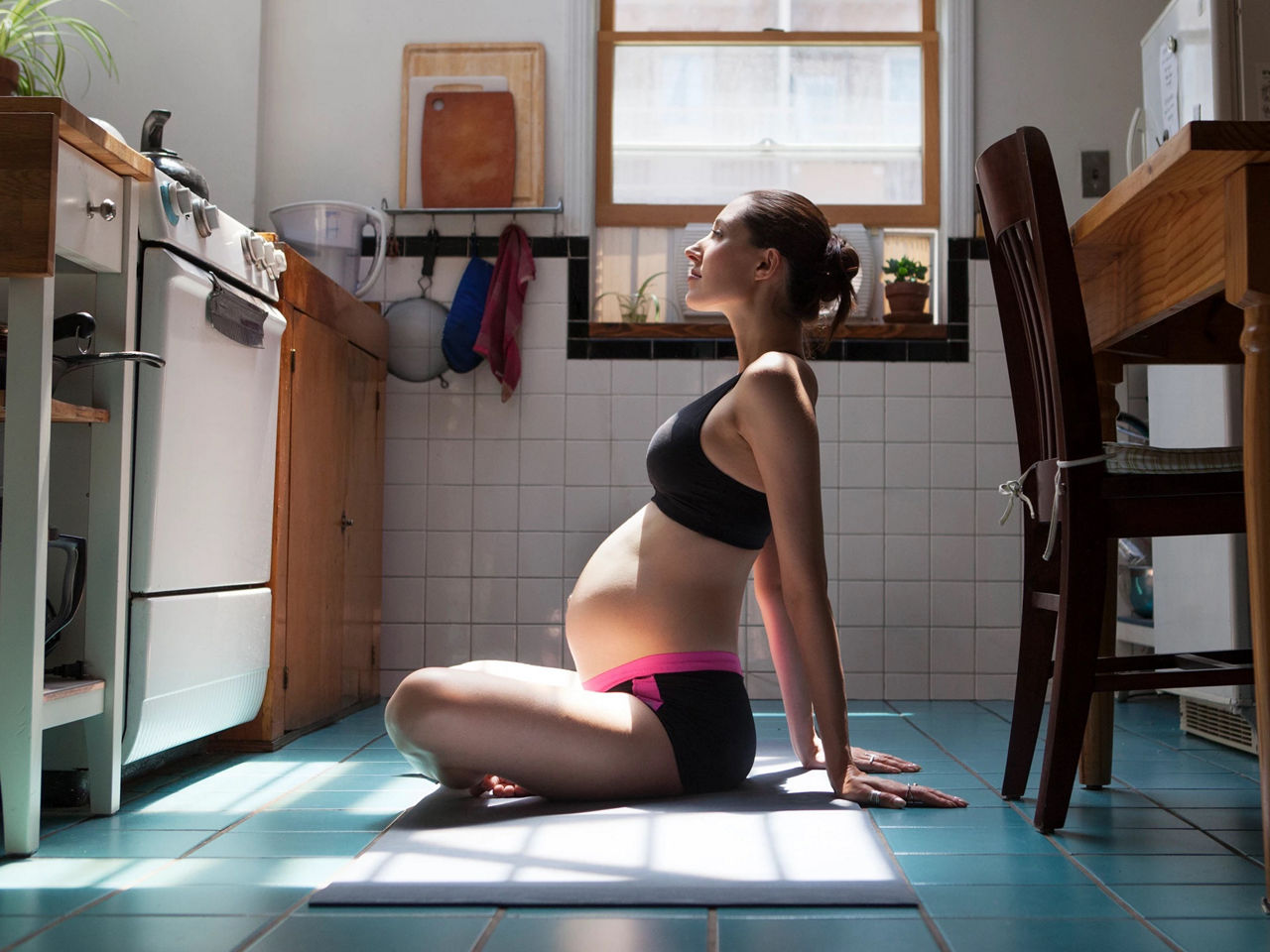At this stage in your pregnancy, you’re now firmly into your second trimester. You may have had your first scan, and things might be starting to feel a little more real, especially if you’ve told friends and family that there’s a baby on the way.
Some women describe this trimester as one of the more enjoyable stages of pregnancy, as the tiredness and nausea start to ease, and they feel more energetic, and boats what’s often referred to as the ‘second trimester glow’! Around now, you may look ahead to things like antenatal classes, pain relief, breastfeeding, and other baby feeding options.
Here we’ll explore what you can expect at week 14 of your pregnancy journey.

